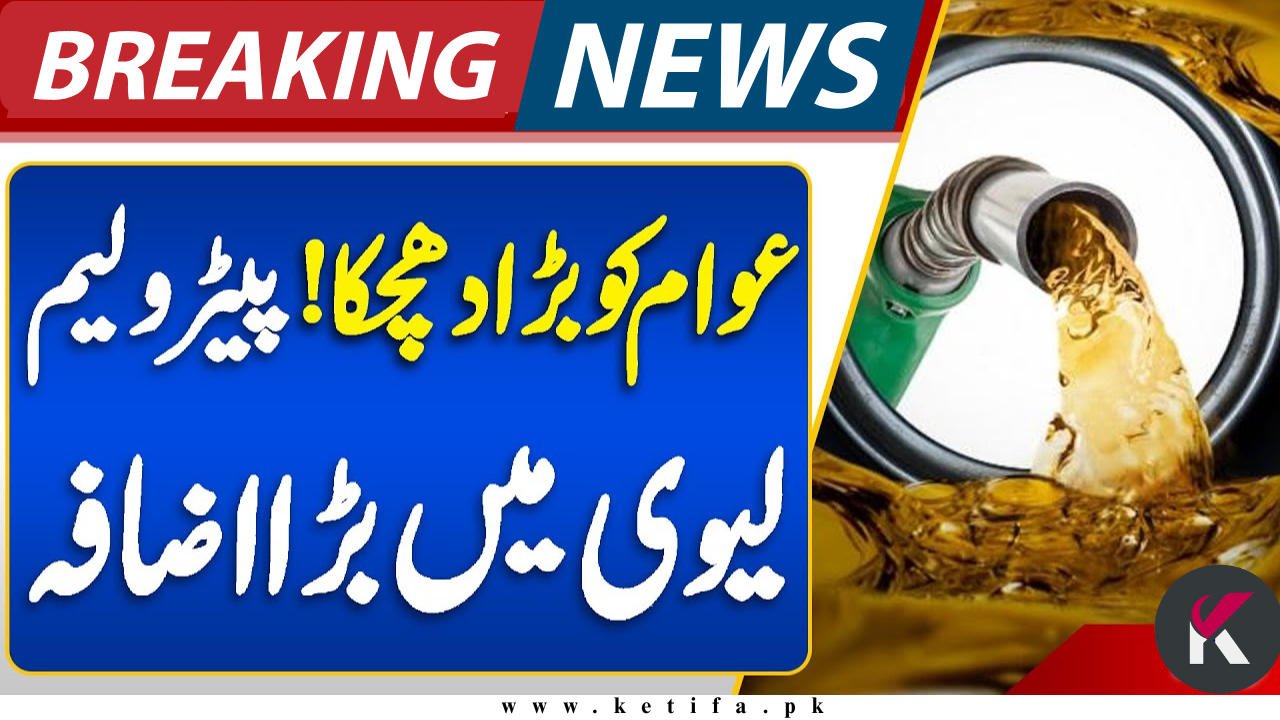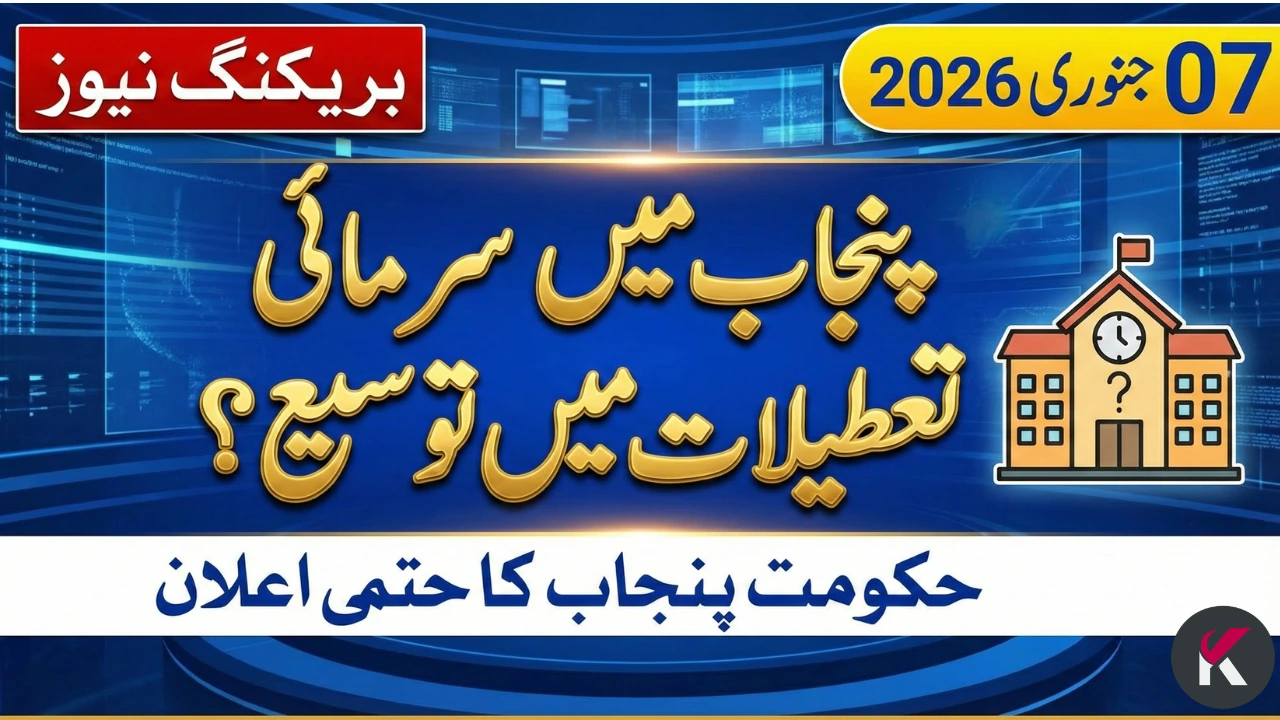Fuel prices in Pakistan may appear steady this month — but the real burden lies in the taxes attached to every litre of petrol and diesel. Despite keeping retail prices unchanged, the government continues to collect massive levies from consumers, further straining household budgets already affected by high inflation.
As of November 2025, petrol is priced at Rs265.45 per litre, while high-speed diesel (HSD) sells for Rs278.44 per litre, according to the latest figures from the Petroleum Division.
Petrol and Diesel Prices in Pakistan – November 2025
| Fuel Type | Price (Per Litre) |
|---|---|
| Petrol (Super) | Rs. 265.45 |
| High-Speed Diesel (HSD) | Rs. 278.44 |
At first glance, these rates seem stable — but hidden inside them are taxes worth nearly Rs95 per litre, making up almost one-third of the total fuel cost.
Breakdown of Taxes on Petrol & Diesel (November 2025)
| Fuel Type | Customs Duty (Rs/ltr) | Petroleum Levy (Rs/ltr) | Climate Support Levy (Rs/ltr) | Total Taxes (Rs/ltr) |
|---|---|---|---|---|
| Petrol | 15.00 | 78.02 | 2.50 | 95.52 |
| Diesel | 15.84 | 77.01 | 2.50 | 95.35 |
This means that for every litre of petrol you purchase, Rs95.52 goes directly to government revenue — a staggering figure that highlights the heavy taxation structure on petroleum products in Pakistan.
Analysts warn that despite stable international oil prices, such tax-heavy pricing policies could continue to fuel inflation, particularly affecting transport, food, and industrial costs.
Global Oil Market Update – November 2025
On the global stage, oil prices witnessed a mild dip this week.
-
Brent Crude: $64.56 per barrel (down $0.60 or 0.9%)
-
US WTI Crude: $60.42 per barrel (down $0.62 or around 1%)
The drop follows a short-lived rally earlier in the week, as traders balanced concerns over oil oversupply and slow global demand recovery.
Experts attribute this decline to increased production from major oil exporters and a cautious outlook on global energy consumption following the U.S. government shutdown resolution.
Impact on Pakistan’s Economy
While Pakistan benefits marginally from lower global oil prices, consumers are unlikely to see relief at the pumps anytime soon due to high domestic taxes and currency depreciation.
Economists note that:
-
The petroleum levy remains one of the largest sources of non-tax revenue for the government.
-
The weak rupee continues to offset any global price advantage.
-
Rising transport costs further inflate prices of essential goods, deepening the cost-of-living crisis.
The government, however, defends the levies as essential for budgetary stability, infrastructure funding, and climate initiatives — citing the inclusion of a Rs2.50 “Climate Support Levy” aimed at funding renewable energy and environmental projects.
Why Fuel Prices Stay High Even When Oil Drops
Even though international crude prices are easing, several domestic factors keep petrol and diesel rates high:
-
Strong taxation through petroleum levies and customs duties.
-
Exchange rate pressure, making imports costlier.
-
Transportation and refining costs absorbed into retail pricing.
-
Debt servicing linked to energy subsidies.
As a result, Pakistani consumers continue to pay among the highest effective fuel taxes in the region.
Government’s Position
The Ministry of Finance maintains that fuel taxation is vital for sustaining economic programs without increasing direct taxes on citizens. A government spokesperson recently stated:
“While the government aims to stabilize prices, it must also maintain revenue for essential development and energy transition programs.”
Officials added that adjustments to petroleum levies would be made cautiously, depending on global oil trends and domestic fiscal needs.
Conclusion
The November 2025 update on petrol and diesel prices in Pakistan reveals that although retail prices are stable, hidden taxes continue to weigh heavily on consumers. With nearly Rs95 per litre going toward government taxes, the actual cost of fuel remains significantly inflated.
Until global oil prices drop sharply or tax rates are revised, relief for the public seems unlikely — keeping petrol among the most expensive daily essentials in Pakistan.










